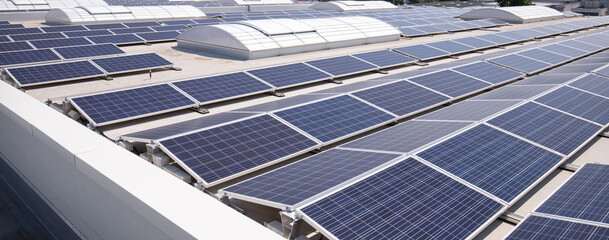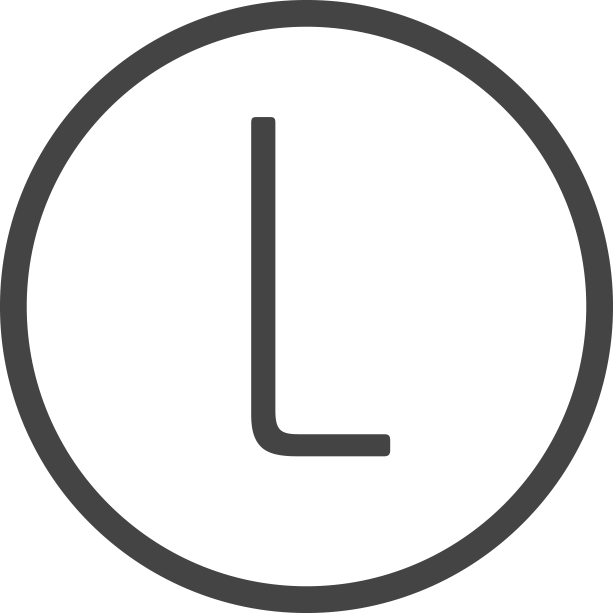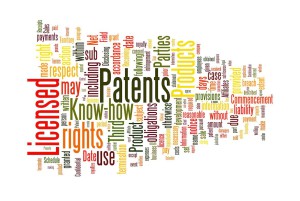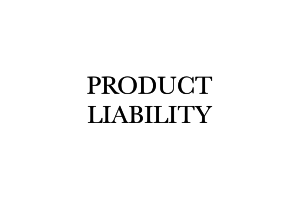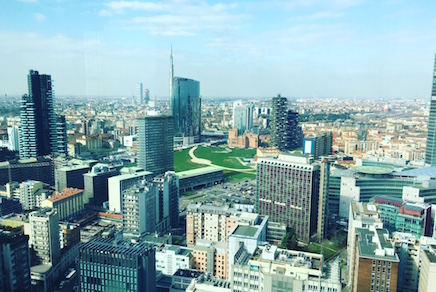Good news for the owners of photovoltaic plants, which benefited from public funding. And a point made in terms of foreseeability of the investments in Italy.
A 12-month deadline has been recently set for the GSE (Gestore dei Servizi Energetici s.p.a. – the Italian Energy Services Managing Body under the control of the MISE – the Ministry for Economic Development), to finalize controls, and eventually to revoke incentives granted[1]. The new rule has been introduced in a recent wave of initiatives aimed at promoting the production of renewable energy[2]. The term starts running from the day when the incentives are granted, and has a general application with the only exception of cases of malicious misrepresentations, which may amount to a criminal conduct[3].
In the past it was not so. In fact, the GSE was given an almost absolute discretion in undertaking ex-post controls and ordering the return of incentives granted. As a result, many investors went into trouble, even many years after the operation had been finalized; moreover, trivial errors were usually equated to more serious misrepresentations. This was the case, for instance, for a business which had covered the roof of their warehouse with a large amount of photovoltaic modules and was ordered to return the relevant financial aids (some 2,700,000.00 €), on account of the fact that the plant was not completed as per the submitted project at the moment when it started functioning: 3 years after the installation, they were ordered by the GSE to return the incentives cashed. The order was then confirmed both by the Court of First Instance and, albeit meanwhile partially modified in its grounds, by the Consiglio di Stato in its decision no. 506/2019, published on January 21st, 2019, i.e. almost seven years after the installation and authorization of the solar plant.
The 12-month-term principle is still not engraved in stone, though. Some doubts have arisen, in fact, concerning its applicability to applications filed before the new rules entered into force (June 1st, 2021), or its applicability to all types of solar modules, regardless of their power level, as the recent stance taken by the GSE leans towards the exclusion of the application of the new principle when the modules are below a certain power level, while the Administrative Courts tend to adopt a general “all-in” approach: a debate is presently ongoing in this respect.
Finally, it is noteworthy to recall the fact that the GSE, in the residual cases, may order a reduction of the incentives (instead of cancelling them in the whole) and then ask for a refund of the undue portion. Said reduction may either (i) range from 10 to 50% where there is a public interest in safeguarding the plant activity, or (ii) be 10% where it turns out that the installed panels have an irregular certification, or no certification at all. Moreover, as per general rules[4], said reductions are to be cut by half in case it is the same owner who reports a plant non-conformity to the GSE, before the GSE undertakes any control on it.
Article by att. Carlo Mosca
Those who are interested in receiving (free) full copy of the annotated decision, please write to newsletter@lexmill.com.
Footnotes:
[1] The GSE’s control and sanctioning prerogatives are provided for under art. 42 of the Legislative-Decree no. 28/2011 “Implementation of Directive 2009/28/EC on the promotion of the use of energy from renewable sources, amending and subsequently repealing Directives 2001/77/EC and 2003/30/EC“, and the regulations set forth by the Ministry of Economic Development (MISE) in their Decree of Jan 31st, 2014. Schedule 1 of said ministerial decree lists the “material events” that may lead to a denial, or a revocation of incentives:
– Submission of untrue or false or forged data or documents to the GSE;
– Violation of the deadline for the submission of the incentives application;
– Alteration of the plant configuration or tampering with the measuring instruments of the incentivized energy;
– Failure to comply with the requirements of the GSE adopted at the outcome of inspections;
– Ineffectiveness or illegality of the authorization title for the construction of the plant;
– Use of counterfeit or stolen components; and
– (in general) “violations, circumventions or defaults resulting in undue access to incentives”
A subsequent intervention (Law no. 120/2020) established that there must be in any case “actual reasons of public interest justifying the forfeiture of incentives”.
[2] art. 63 of Law-Decree no. 77/2021 “Governance of the National Recovery and Resilience Plan and initial measures to strengthen administrative structures and speed up and streamline procedures”, then converted with modifications into Law no. 108/2021 which modified art. 21-nonies of Law no. 241/1990, to which art. 42, sub 3, of Legislative-Decree no. 28/2011, as amended by art. 56, sub 7, of Law-Decree no. 76/2020 (converted with modifications into Law no. 120/2020), makes reference.
[3] “false rappresentazioni dei fatti o di dichiarazioni sostitutive di certificazione e dell’atto di notorietà false o mendaci per effetto di condotte costituenti reato” as per Law no. 241/90 (art. 21-nonies, sub 2 bis).
[4] Art. 42 of Legislative-decree no. 28/2011 (subs 3, and 4bis).

